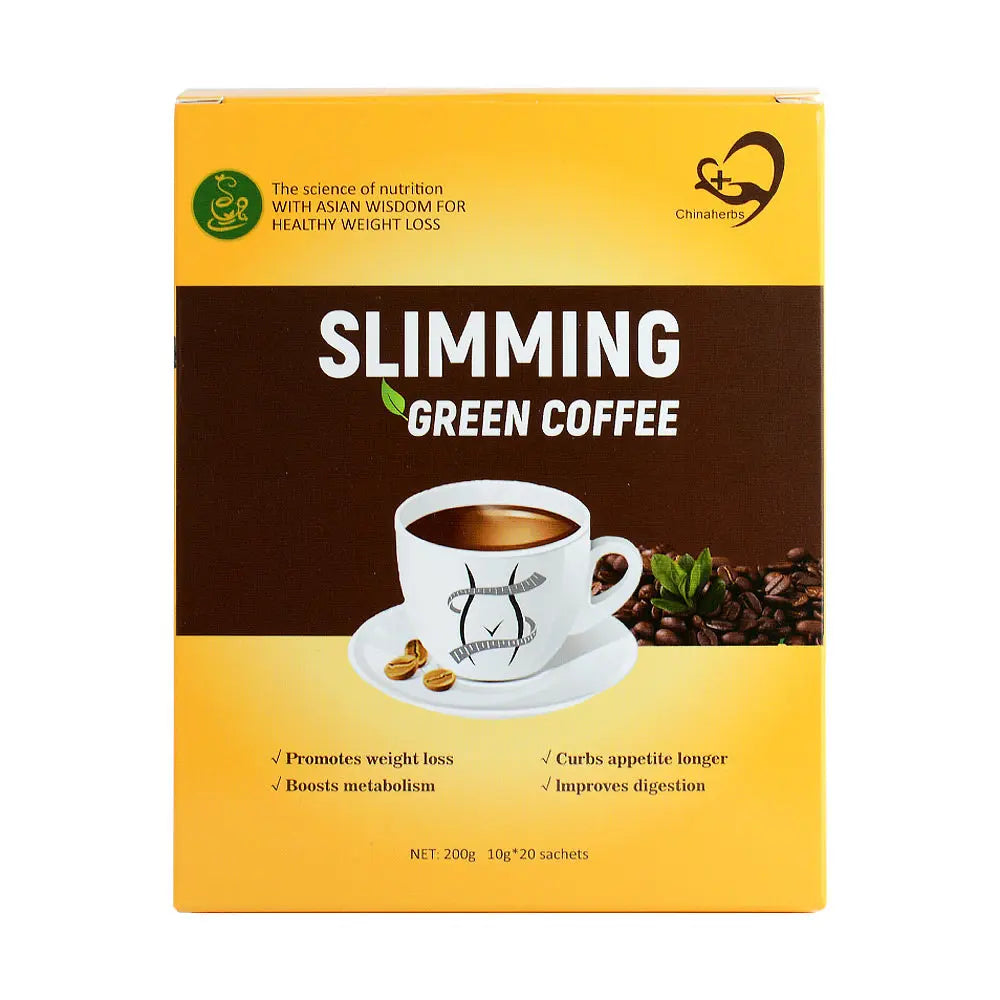Is Garcinia Slim & Green Coffee Extract Legit? Can They Be Used for Weight Loss?
HiherbsOfficial
Share
In the weight management field, two extracts are widely utilized: Garcinia Cambogia and Green Coffee Extract. But whether as a consumer or a manufacturer, our primary concern is not just effectiveness—it’s legitimacy. This comprehensive guide directly answers whether is garcinia slim & green coffee extract legit, examining the regulatory status, scientific backing, and market trends for both popular compounds.

Table of Contents
Garcinia Cambogia: Regulatory Status and Market Paradox
The legitimacy of Garcinia Cambogia Extract is complicated, as it falls under the purview of dietary supplements rather than regulated drugs. It is crucial to understand that the U.S. FDA has not granted approval for Garcinia Cambogia for medical use, meaning its efficacy for weight loss is not formally recognized by the agency.
Furthermore, the regulatory history presents a clear caution: in 2017, the FDA issued a safety warning urging consumers to stop using a specific weight-loss product that contained Garcinia Cambogia due to potential health risks. This event highlights the volatility and inconsistent quality often found in the supplement market.

Why is Garcinia Still Popular Despite Warnings?
Despite the clear regulatory cautions from 2017, the market demand for Garcinia Cambogia products has shown a marked and noticeable increase in recent times. The FDA has not issued any further warnings regarding the general consumption of Garcinia since the targeted 2017 advisory.
We hypothesize that this shift in market popularity may be due to technological advancements. Newer extraction and purification methods may lead to a more concentrated and potentially safer delivery of its active ingredient, Hydroxycitric Acid (HCA), thereby improving its perceived efficacy and safety profile. However, this remains a speculation that requires robust, modern scientific research to confirm. Consumers should always prioritize quality and transparency.
Green Coffee Extract: Addressing Efficacy Concerns with Science
The legitimacy debate around Green Coffee Extract is vastly different. There are currently no regulatory warnings or legal concerns; the consumer doubt centers primarily on the efficacy of the product, particularly the role of its key component: Chlorogenic Acid (CGA).
Unlike Garcinia Cambogia, Green Coffee Extract has accumulated substantial research focusing on its metabolic pathways, making the mechanism of action well-defined and providing consumers with a clearer scientific basis for use.
How Chlorogenic Acid (CGA) Supports Weight Loss
The potential of Green Coffee Extract for weight management is rooted almost entirely in its high concentration of Chlorogenic Acid (CGA). This compound works through two main, scientifically studied pathways:
- Blood Sugar Management: CGA is believed to help moderate glucose absorption in the small intestine, slowing down the release of sugar into the bloodstream after meals. This prevents sharp insulin spikes, which are signals for the body to store fat
- Metabolic Boost: CGA may influence fat burning by inhibiting an enzyme in the liver. This inhibition promotes the utilization of stored fat for energy, effectively boosting the body’s overall fat metabolism rate, a process known as thermogenesis.

In summary, while the legitimacy of Garcinia Cambogia is complex due to regulatory warnings and a lack of FDA approval, Green Coffee Extract enjoys a strong scientific theory rooted in the metabolic actions of Chlorogenic Acid. When choosing any weight loss supplement, prioritize products from reputable brands that can provide transparent third-party testing and precise CGA concentration levels.
References
- U.S. Food and Drug Administration. (2017). Safety Communication: FDA warns consumers not to use Garcinia Cambogia Extract .
- Onakpoya, I., et al. (2011). The use of green coffee extract as a weight loss supplement: A systematic review and meta-analysis of randomized clinical trials. Gastroenterology Research and Practice.
- Pittler, M. H., & Ernst, E. (2004). Dietary supplements for body weight reduction: a systematic review. The American Journal of Clinical Nutrition.









